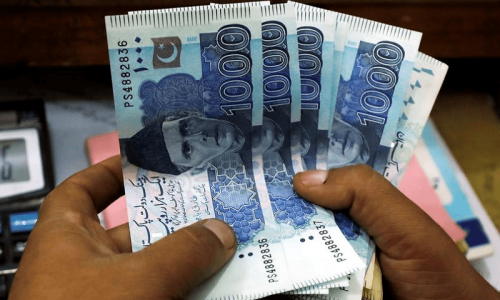Government was planning to impose taxes on the agriculture

During a statement to the National Assembly on Friday, Finance Minister Ishaq Dar rejected reports that the government would impose new taxes on agriculture and construction.
According to him, taxes on these two sectors agreed with the IMF for its new $3bn loan, and widely reported in the media, had already been incorporated into the budget for this fiscal year. A new tax will not be imposed on agriculture or construction… we have already endured the pain and met all the requirements of the IMF programme,” he told legislators.
A tax increase on the purchase and sale of immovable property and second homes in the budget is expected to generate additional revenues of Rs80bn.
The changes in the rates were part of the government’s efforts to secure the IMF bailout by raising additional tax and nontax revenues during the present financial year to meet the programme goal of producing a primary surplus equal to 0.4 percent of GDP as well as strengthening tax collection to 10.3 percent of GDP.
As a result of the Fund’s criticism of Dar’s original budget, the government announced most of the additional revenue measures on the day parliament approved the budget.
The minister teetered around the broader goal of taxing undertaxed sectors such as retail, agriculture, and real estate – especially their incomes – despite revising the tax target upwards.
This was not a surprise, however. Due to their vested interests, PML-N, and the powerful civil and military bureaucracy, are opposed to taxing retail, real estate, and agriculture, the economy’s three largest segments.
Shabbar Zaidi, the former head of the FBR, described how he was prevented from taking steps to document the massive real estate “file” business by the previous army chief.
As a result of a tweet last year by PML-N chief organiser Maryam Nawaz, the government’s tax policy was set when she asked then finance minister Miftah Ismail to revoke the nominal tax that he had imposed on the electricity bills of the party’s core supporters, namely retailers.
As a result of the narrow tax base and low tax-to-GDP ratio, any increase in the tax target will be borne by the documented corporate sector and salaried classes.
These skewed policies are evident in the last two budgets. The new IMF loan deal requires the government to expand the personal income tax base by 300,000 people, but many do not believe the rulers have the political will to do so.
